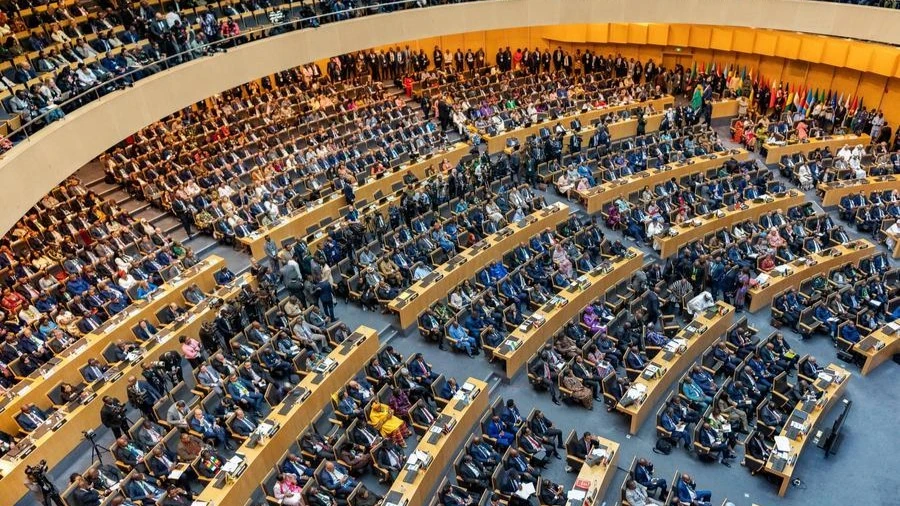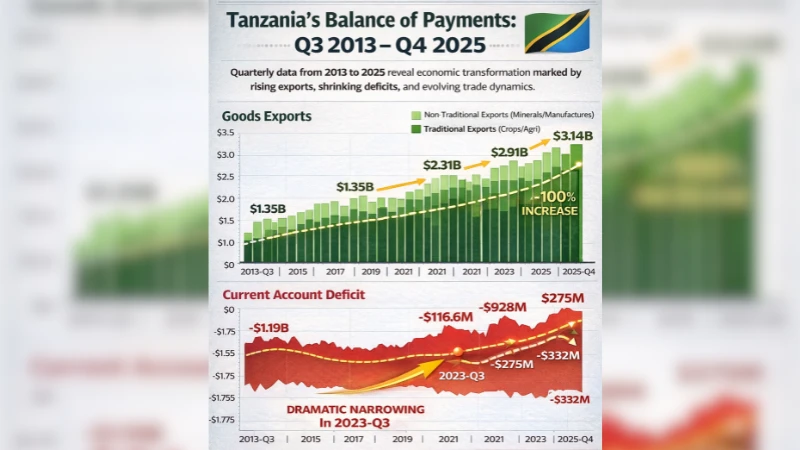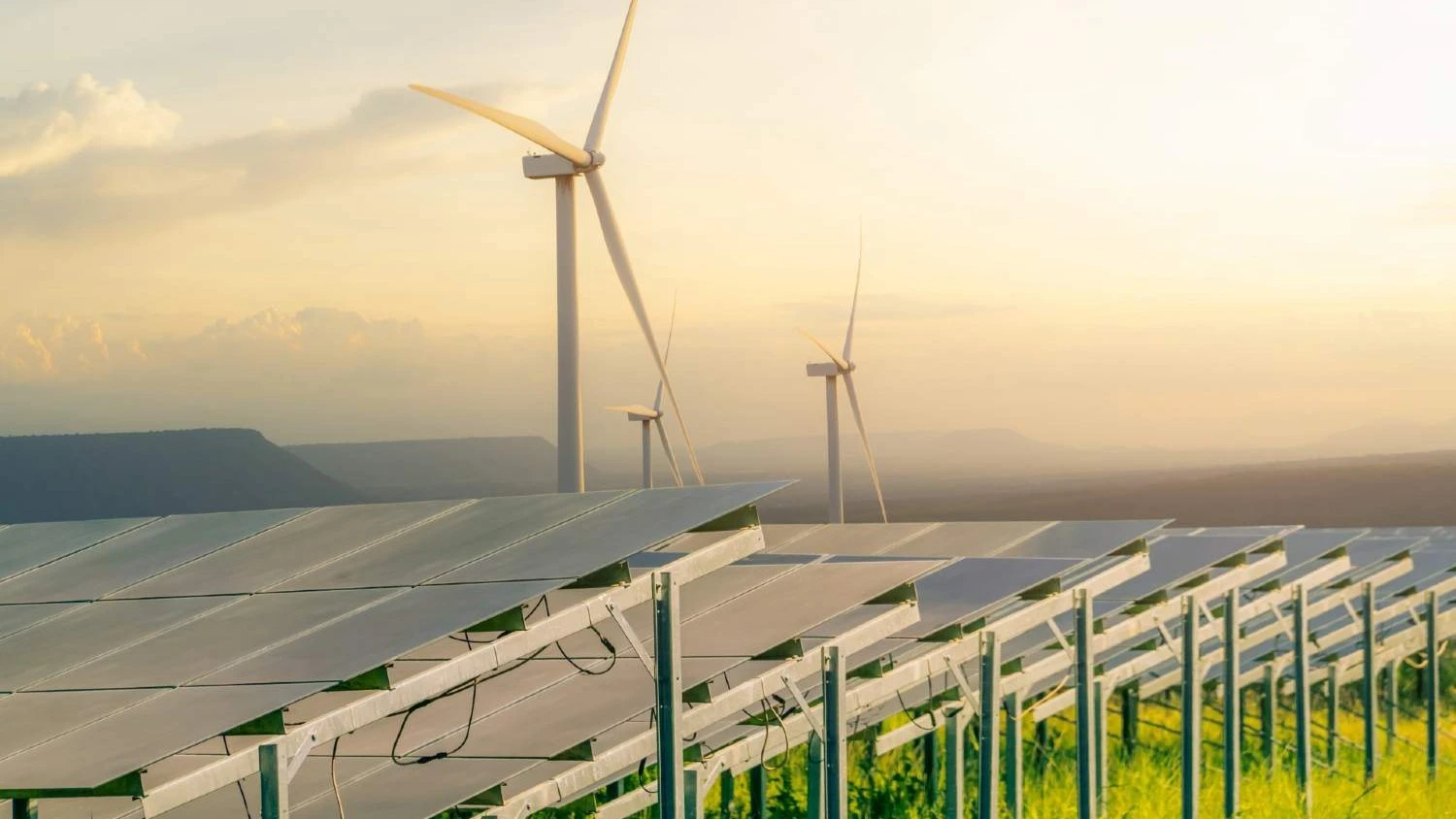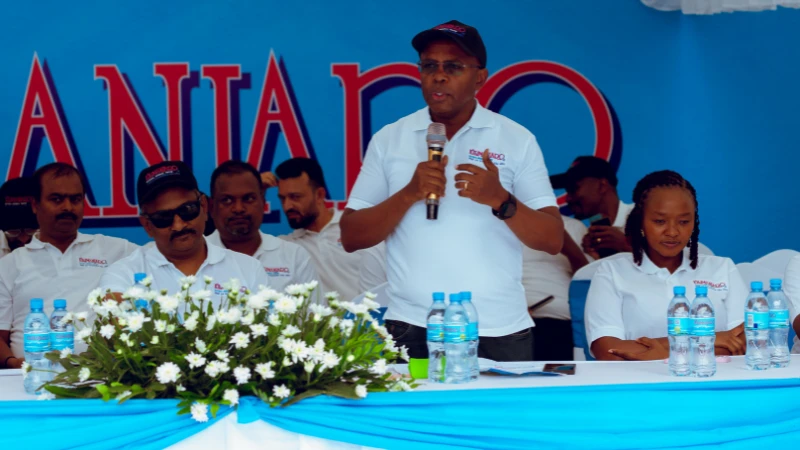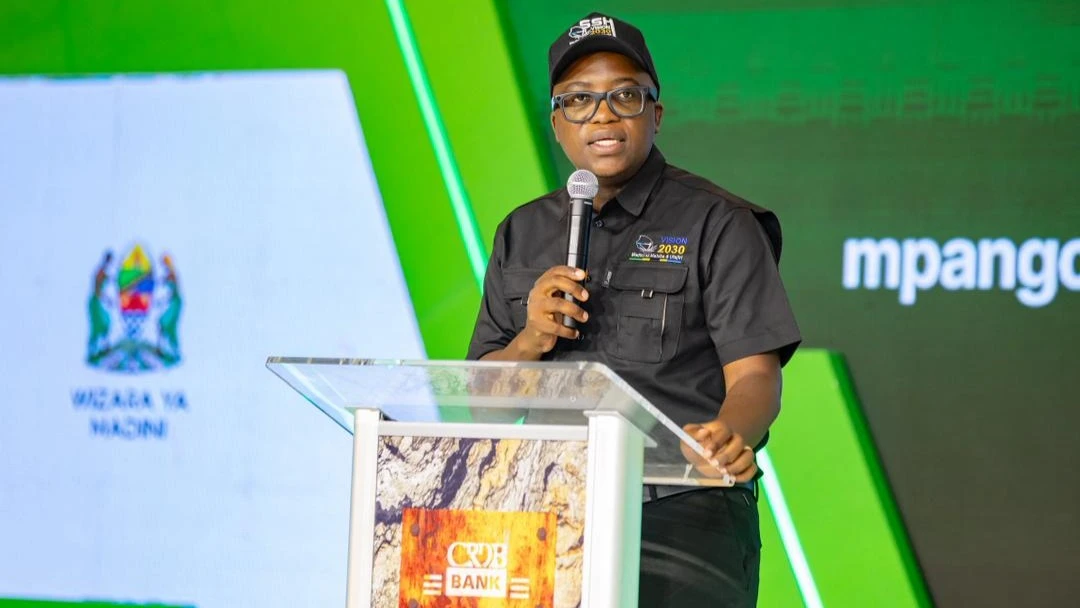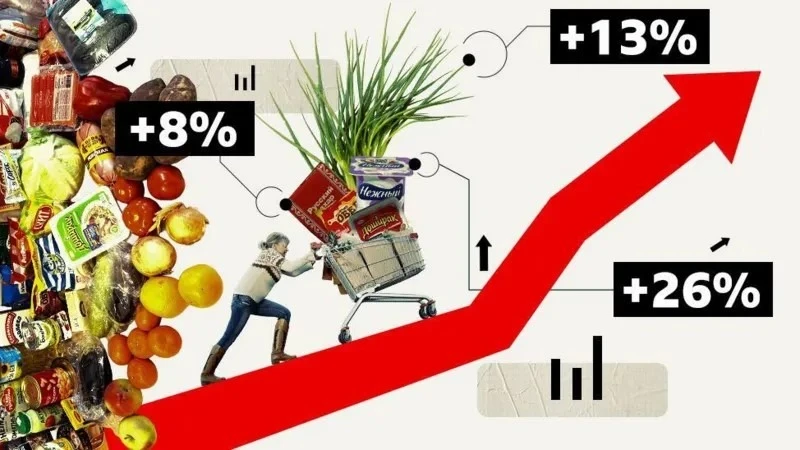EU, stakeholders widening clean cooking energy scope
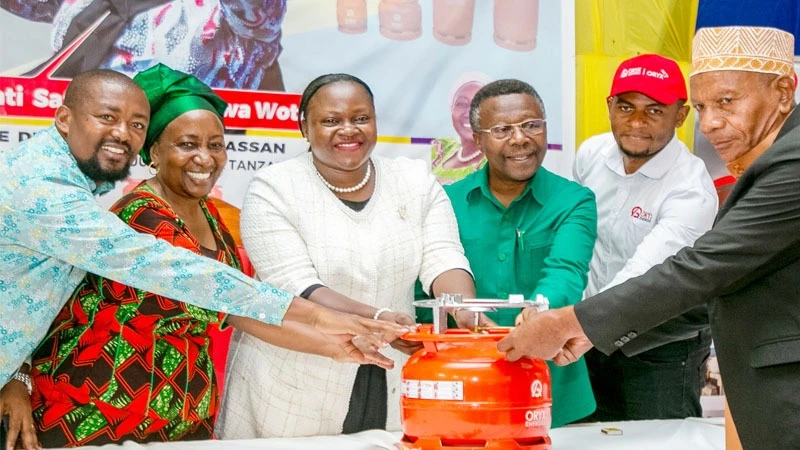
THE European Union (EU) has expressed intention to finance projects in the clean cooking energy programme with the clean energy fund located in the Ministry of Energy to help push current government efforts.
The overall objective is to ensure that by 2034, more than 80 percent of Tanzanians will be using clean cooking fuel, abandoning charcoal and firewood.
Massimiliano Pedretti, the energy project manager at the EU mission, made this pledge in Dar es Salaam yesterday, participating at a discussion of energy sector stakeholders, evaluating the direction of energy sector policy.
The stakeholders looked at sources of energy sector policy, background and current situation, with a focus on results after implementation of recent budgetary measures in line with challenges and how they are being handled, officials said.
The EU manager said that in order for Tanzania to achieve its goal, it must take measures to create a good environment for gas cylinder use and manufacturing of electric stoves to encourage people to use clean energy for cooking at low cost and quick access.
The EU clean cooking energy fund is directed at ensuring that institutions such as prisons, schools, hospitals set up clean cooking energy infrastructure in their areas, working with the Rural Energy Agency (REA), he said.
Aaron Cunningham, the United Nations Development Organization (UNDP) project manager for the efficient use of electricity, said that UNDP decided to support the efforts by seeking policy initiatives for stakeholders’ use of improved electricity equipment.
The EU project team has already specified the standards to be used on electric coolers, refrigerators, televisions, fans and electric stoves so that they use less electricity.
The project which started in 2022 is partnered with the Tanzania Bureau of Standard (TBS) so that standardised equipment provides relief in electricity use for various domestic and institutional needs, he stated.
Ministry officials told private sector stakeholders that the government appreciates its contribution to clean energy for cooking, including electricity, gas and other energy sources that are friendly to environment, health.
Styden Rwebangira, the ministry’s assistant commissioner for electricity development said that clean energy for cooking includes various energy sources and not only gas as it is at times perceived.
He praised the European Union for its clean energy financing drive, noting that the government expects to initiate greater cooperation with the EU in setting out strategic plans and policy development.
Top officials of REA, the Energy and Water Utilities Regulatory Authority (EWURA), the Tanzania Petroleum Development Corporation (TPDC), the Petroleum Upstream Regulatory Authority (PURA), the Tanzania Electric Supply Co. Ltd (TANESCO) attended the meeting, along with various development stakeholders and executives of private firms.
Top Headlines
© 2026 IPPMEDIA.COM. ALL RIGHTS RESERVED








